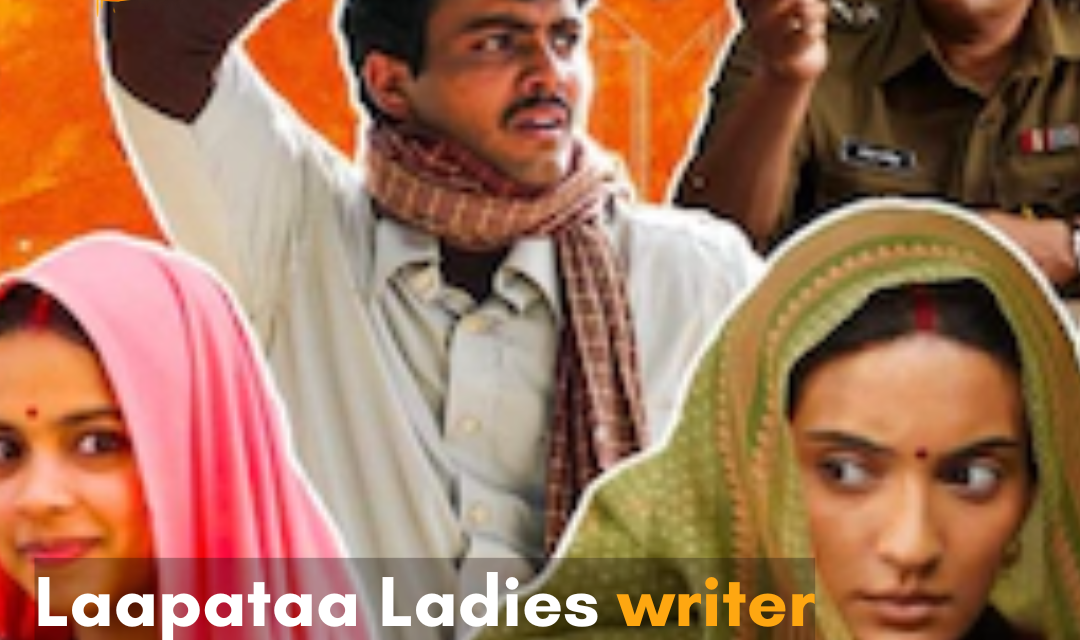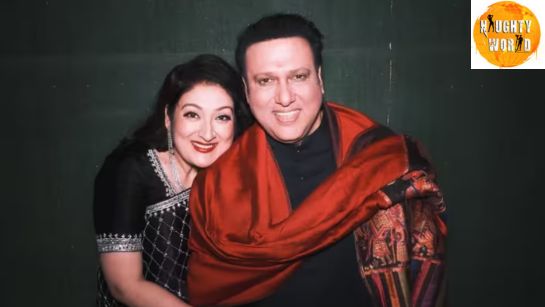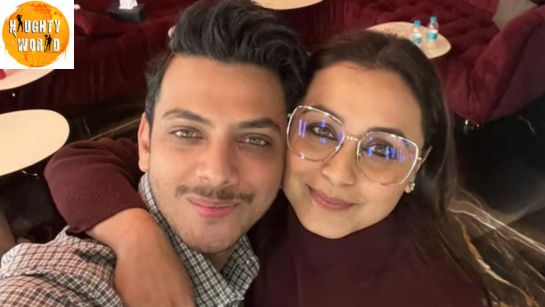The writer posted on Instagram about the script’s originality, quashing claims of similarities to Arabic film.
Laapataa Ladies has been one of the most successful, loved and talked-about films of 2024, so much so that it was also India’s official entry into the Oscars. The film, which earned massive praise, honours and awards in India, recently found itself amid a controversy. Claims were made that the Hindi film was copied from an Arabic film. However, the writer of Laapataa Ladies, Biplab Goswami, denies all such claims of plagiarism in his post.
Biplab Goswami denies all plagiarism allegations.
A few days ago, the internet found similarities between the Arabic film Burqa City and Kiran Rao’s Laapataa Ladies. Writer Biplab Goswami, however, denied plagiarism claims and issued a statement on Saturday responding to the claims. In the post, he claimed he had registered Laapataa Ladies with the Screenwriters Association in 2014, well before the Arabic film. He stated that the contended scenes were written in the registered synopsis. In 2018, he claimed to have registered the feature-length script, which he then called Two Brides with the SWA. He wrote in the statement that it even won an award at the Cinestaan Storytellers Competition that same year.
What did Biplab Goswami write in his statement?
He wrote about the concept of veils and disguises resulting in mistaken identities, a common trope that has been used for centuries, listing out writers like William Shakespeare and Rabindranath Tagore as examples. He added, “Laapataa Ladies uses this mistaken identity form with entirely original and unique characters, setting, narrative journey, and social impact.” Ending the long note, he wrote, “Our story, characters, and dialogues are 100% original. Any allegations of plagiarism are completely untrue. These allegations not just undermine my efforts as a writer but also the tireless efforts of the entire filmmaking team.”
Biplab also claimed that the story, dialogue, characters, and scenes stem from years of research and ‘honest reflection’, apart from ‘understanding the nuances of gender discrimination and inequality.’


 New trouble for Yash’s Toxic as a Christian group lodges a formal complaint
New trouble for Yash’s Toxic as a Christian group lodges a formal complaint  Ranbir Kapoor opens up about his relationship with daughter Raha
Ranbir Kapoor opens up about his relationship with daughter Raha  Govinda addresses rumours of an extramarital affair
Govinda addresses rumours of an extramarital affair  Rohit Shetty dismisses rumours of Golmaal 5 inspired by Do Aur Do Paanch
Rohit Shetty dismisses rumours of Golmaal 5 inspired by Do Aur Do Paanch  Rani Mukerji celebrates Mardaani 3 with a screening alongside industry friends
Rani Mukerji celebrates Mardaani 3 with a screening alongside industry friends  Shahid Kapoor was mobbed by fans during the O Romeo song launch event
Shahid Kapoor was mobbed by fans during the O Romeo song launch event